Kids can lose 2 years off their reading age during school holidays - here's how to prevent it
A literacy expert has revealed how parents can get their kids engaged with reading this summer
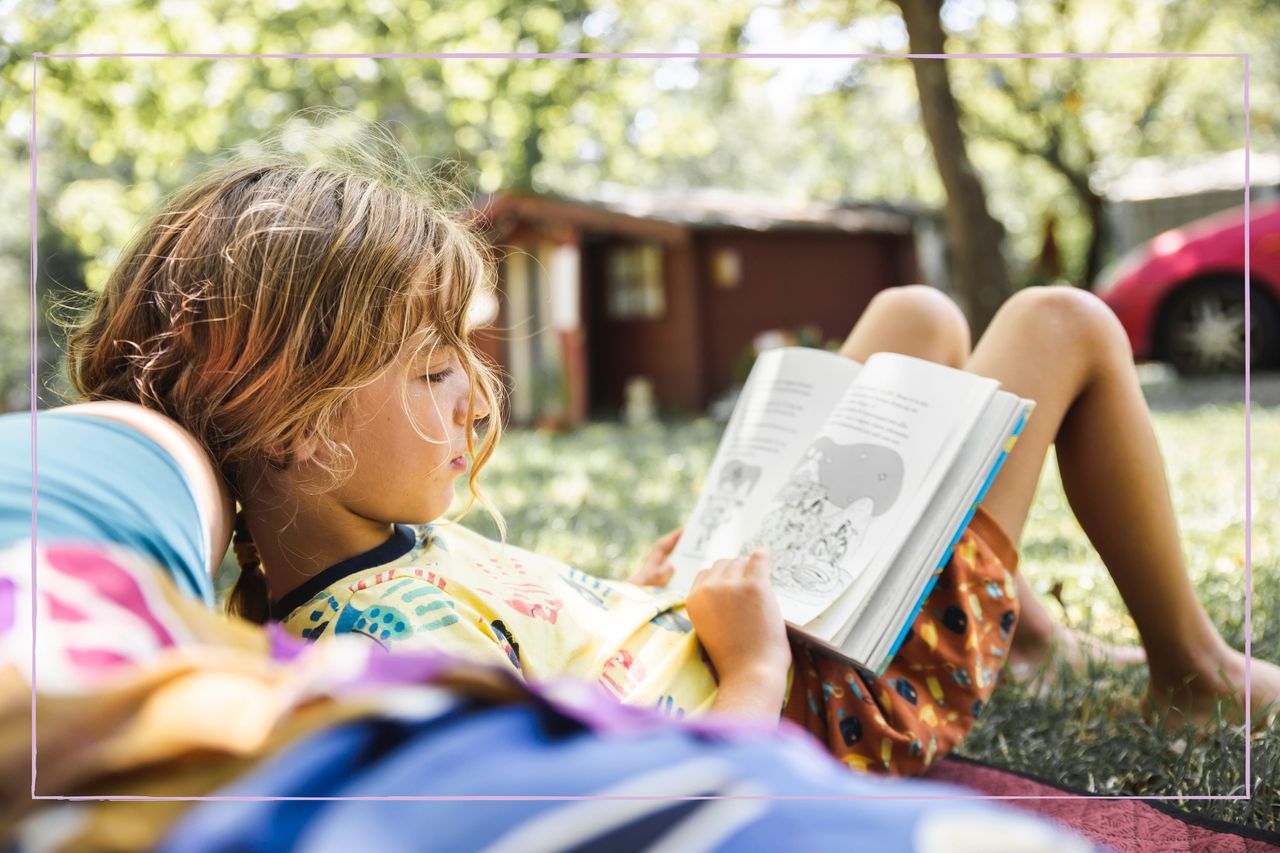
An expert has revealed their tips and tricks to help keep children engaged with reading over the school summer holidays and reduce the impact of 'summer learning loss.'
School's out for summer! Kids are likely delighted as they play with the best outdoor toys all day long and enjoy soaking in the sun. But the six-weeks long summer holidays, according to studies, can leave some children struggling a little when they have to head back to school in September.
That's because, while they're out of the classroom, kids can experience 'summer learning loss,' a phenomenon that describes how some students’ achievement levels decline over the holiday. Research has shown that reading levels are a massive issue when it comes to this learning loss, with some kids loosing up to two years off their reading age during the school summer holidays.
In response to the data, literacy expert Mubin Ahmed, the CEO of Awesome Books has revealed his expert-approved tips to keep children engaged with reading over the break - and shared how reading can improve not just literacy skills, but skills over a large number of subjects. "Reading is more than just a skill; it's a gateway to knowledge, imagination, and critical thinking," he shared. "Regular reading helps children improve their vocabulary, comprehension, and cognitive abilities. It also fosters empathy and a deeper understanding of the world around them."
Tips to get children reading more this summer
- 1. Create a reading schedule. "Consistency is key," says Ahmed. He recommends carving our a regular time slot each day of the holidays to get kids into a routine, even if it's just 20 minutes of reading time.
- 2. Set reading goals. "Encourage children to set reading goals, such as finishing a certain number of books or chapters by the end of the holiday," he says. It's so much easier to regularly do something when you feel like you're working towards a bigger goal or achievement.
- 3. Make reading fun. Ahmed's strategy of creating a book treasure hunt is a uniquely fun way to turn reading into a game. He explains, "Hide books around the house and create a treasure map. Each book found is a new adventure to embark on." Another way to incorporate fun is to, "Organise friendly reading competitions with rewards for milestones achieved," he says.
- 4. Use technology. Reading doesn't just mean sitting down with a book anymore, there are plenty of ways to engage with literature like e-books and audiobooks that offer a 'change of pace' when kids start to loose interest in reading.
- 5. Create a reading space. "Designate a cosy corner in your home with good lighting and a selection of books," Ahmed says. Or, on those sunnier days, try throwing a 'reading picnic' to take reading outdoors. "A blanket in the garden or park can create a relaxing reading environment," he added.
- 6. Lead by example. "Set aside time where the whole family reads together," the expert says. "Children mimic adult behaviour, and seeing you read can inspire them. Talk about what you’re reading and share your thoughts. Encourage children to do the same."
Keeping kids entertained over the school summer holidays doesn't have to be daunting. There are plenty of entertaining things to do with kids, including making use of free National Trust tickets to have a budget-friendly day out.
GoodtoKnow Newsletter
Parenting advice, hot topics, best buys and family finance tips delivered straight to your inbox.
Charlie Elizabeth Culverhouse is a news writer for Goodtoknow, specialising in family content. She began her freelance journalism career after graduating from Nottingham Trent University with an MA in Magazine Journalism, receiving an NCTJ diploma, and earning a First Class BA (Hons) in Journalism at the British and Irish Modern Music Institute. She has also worked with BBC Good Food and The Independent.
-
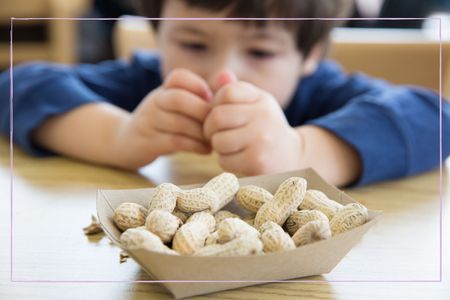 12 things parents of allergy children really want everyone to know
12 things parents of allergy children really want everyone to knowWe spoke to some parents who have children with allergies - they want everyone to know just how serious and debilitating it can be when your child suffers allergic reactions to food.
By Lucy Wigley Published
-
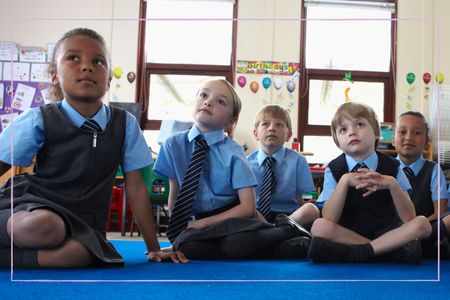 Want to feel old? Watch hilarious video of kids baffled by the school tech their parents used
Want to feel old? Watch hilarious video of kids baffled by the school tech their parents usedMost schoolchildren have no idea what the common classroom tech from just a generation ago was used for, let alone how to use it
By Charlie Elizabeth Culverhouse Published
-
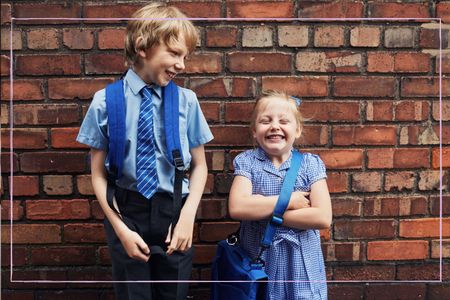 Back to school photo checklist - here's what parents need to think about first, from an expert
Back to school photo checklist - here's what parents need to think about first, from an expertBefore you post that adorable back to school photo online for your friends and family to see, a parenting expert wants you to think carefully about how much the picture reveals.
By Lucy Wigley Published
-
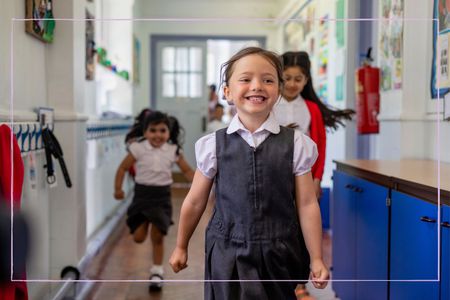 4 phrases to help kids settle on first day back at school, according to a child development expert
4 phrases to help kids settle on first day back at school, according to a child development expertIt's natural for kids to struggle with some 'separation anxiety' when returning to the classroom, and dealing with it is so much easier with expert insight
By Charlie Elizabeth Culverhouse Published
-
 Oasis reunite - the 15 facts your kids need to know about 90s band
Oasis reunite - the 15 facts your kids need to know about 90s bandEducate your kids on music's most infamous falling out and get them just as excited as you are for the Oasis reunion
By Charlie Elizabeth Culverhouse Published
-
 5 surprising ways rushing your kids out the door can be damaging, according to experts
5 surprising ways rushing your kids out the door can be damaging, according to expertsAre you always rushing your kids out the door? Life is a constantly hectic schedule and although you need to be places on time, it can actually be damaging to kids.
By Lucy Wigley Published
-
 10 ways Millennial parents are ‘breaking the cycle’ - and teaching kids life lessons they were never taught
10 ways Millennial parents are ‘breaking the cycle’ - and teaching kids life lessons they were never taughtBeing a 'cycle-breaker' is vital for parents who want their kids to learn life lessons they were never taught
By Charlie Elizabeth Culverhouse Published
-
 Plans to teach children how to spot ‘disinformation, fake news and putrid conspiracy theories’ in schools unveiled
Plans to teach children how to spot ‘disinformation, fake news and putrid conspiracy theories’ in schools unveiledIn a bid to tackle how children interpret what they see online and how they spot fake news, the government has announced how this will be handled in schools.
By Lucy Wigley Published